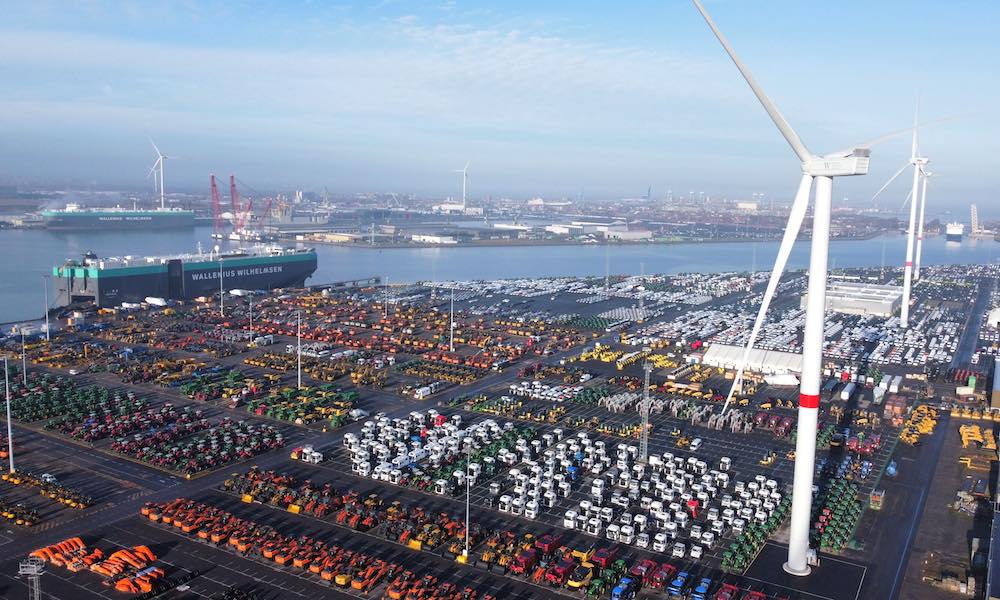Oil sells above $80 per barrel amid Iran’s helicopter crash, renewed tensions

Oil prices steadied on Monday as renewed geopolitical risks in Russia and the Middle East came into sharp focus following a series of weekend attacks.
Brent crude futures traded near $84 a barrel, while West Texas Intermediate (WTI) remained above $80.
The stabilization in oil prices comes after Ukraine intensified its drone attacks on Russian refineries over the weekend, targeting key infrastructure on Sunday.
Additionally, a China-bound oil tanker was struck by a missile launched by Houthi rebels in the Red Sea on Saturday, further escalating tensions in the region, according to Bloomberg.
In a separate development, Iranian President Ebrahim Raisi and Foreign Minister Hossein Amir-Abdollahian were killed in a helicopter crash on Sunday, as reported by the semi-official Mehr news agency. Supreme Leader Ayatollah Ali Khamenei assured that there would be no disruption to the country’s affairs despite the loss of its top leaders.
What to know
The missile attack on a China-bound oil tanker in the Red Sea by Houthi rebels shows the persistent volatility in the Middle East, which remains a crucial artery for global oil transportation.
Warren Patterson, head of commodities strategy for ING Groep NV in Singapore, commented on the market’s response to these events, stating
“The market has become increasingly numb to geopolitical developments, and the large amount of spare OPEC production is likely contributing to this. We may have to wait for further clarity from OPEC+ on its output policy to break out of the range.”
More insights
Global benchmark Brent crude is approximately 9% higher this year, largely due to supply cuts implemented by the Organization of Petroleum Exporting Countries (OPEC)+ coalition. However, prices have softened since mid-April as earlier geopolitical tensions eased.
The upcoming OPEC+ meeting on June 1 is now a focal point for market participants, with expectations leaning towards the continuation of existing production curbs.
Hedge funds and money managers have shown increased bearishness, reducing their net long positions on Brent crude for the second consecutive week, reflecting a cautious market sentiment. This positions them at their least bullish stance since January.
Additionally, there has been a noticeable pullback in bets on rising gasoline prices ahead of the U.S. summer driving season, indicating a tempered outlook for demand.
Context
Market observers are keenly awaiting the OPEC+ meeting for signals on future production policies. Despite the current bearish sentiment among hedge funds, the sustained supply cuts by OPEC+ members are expected to provide a floor for oil prices, preventing significant declines.
As geopolitical tensions persist, the oil market remains sensitive to further disruptions, showing the need for vigilance among traders and analysts alike. The unfolding developments in Russia, the Middle East, and Iran will be critical in determining the trajectory of oil prices in the coming weeks.
Nigeria’s oil production fell to 1.32 million barrels per day (bpd) in February 2024 and 1.23 million bpd in March.
The country’s 2024 target was reduced to 1.38 million from the previous year’s 1.74 million owing to a persistent inability to meet targets owing to oil theft and lower production levels.





